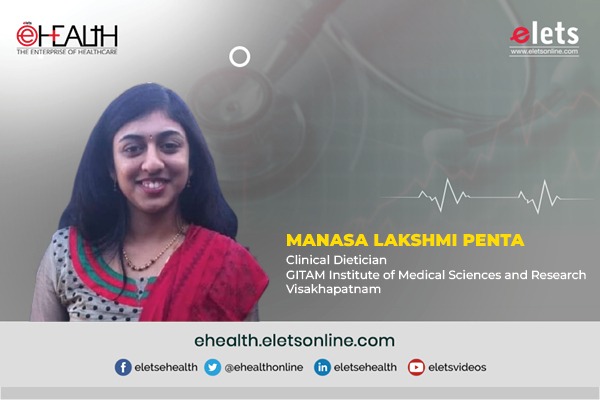
Traditionally, nutrition has not been a common intervention strategy for patients recovering post-injury or undergoing rehabilitation. However, nutritional intervention is a promising low-cost strategy that is effective in reducing hospital costs. All trauma conditions present with an initial acute phase which is followed by a long-term recovery phase.
Recovery in the clinical setting also comes with the mental and physical costs associated with long-term bed rest. Similar conditions are also noted in post-stroke patients and those with traumatic brain injury (TBI). Some of these conditions may be managed surgically or conservatively depending on the injury.

Regardless of the severity of the injury or trauma, the initial phase involves an inflammatory response, which is the body’s natural response to healing. Minimising the acute inflammatory stage through optimum nutrition can help hasten the recovery process. This acute phase is followed by a recovery and rehabilitation phase which is a hypermetabolic state accompanied by immobilisation due to injury. The key physiological and metabolic changes that are noted during this phase are muscle atrophy, reduction in muscle synthesis, increased anabolic resistance, and loss of strength. Studies show that even five days of inactivity can lead to a significant amount of muscle loss.
Therefore, when a patient is recovering from an injury or trauma, their nutrition management goals should primarily focus on: Providing adequate calories and protein to promote wound healing; Preservation of lean body mass (LBM); Assistance in the management of inflammatory and immune responses; and managing the inflammation and immune responses.
Calorie requirements

A common misconception about patients with limited mobility is that they don’t require many calories as they are no longer active. Regardless of whether it’s a surgically treated or conservatively managed injury, during the recovery phase, the basal metabolic energy (BMR) increases to match the cell turnover. Providing adequate calories protects dietary proteins from being used as an energy source and instead utilised for protein synthesis in the body. A diet that is rich in low glycemic foods and high in protein is recommended in such cases.
Protein Requirements
Post-injury hypermetabolic state significantly increases protein requirements, which is further raised if this injury is followed by surgery as protein is essential for wound healing and tissue building. Protein deficiency during this period can lead to a significant loss in lean body mass which itself is an independent risk factor for delayed wound healing, prolonged hospital stay, and a high risk of postoperative infections. Research strongly suggests that not the amount of protein but also the timing of the protein intake has a considerable impact on strength, functionality, and lean body mass. Distributing the total protein requirement in 20-30 grams servings throughout the day has been shown to be more effective in preventing muscle loss and enhancing muscle recovery. Additionally, Leucine, an essential amino acid predominantly found in chicken, milk, and fish, is an anabolic trigger that stimulates muscle synthesis and thereby aids in faster recovery. Therefore, along with meeting the increased protein requirements, protein timing and quality also play a significant role in recovery and rehabilitation.
Essential Nutrients
There are certain micronutrients that play a major role in reducing the inflammatory response post-injury. Omega 3 fatty acids are known for their anti-inflammatory properties and also support wound healing and muscle synthesis. Other important vitamins that are important in the recovery phase are Vitamin D, known for its immunoregulator properties, and Vitamin A, C, and K, which play a major role in wound healing. Moreover, it’s important to note that 70 per cent of the body’s immunity comes from products produced by good bacteria in our intestines. So, having foods rich in probiotics and prebiotics can also help to strengthen immunity and antibiotic-induced induced diarrhoea. All these supplements must be taken in consultation with your doctor.
Nutrition does play a vital role in injury or trauma recovery and rehabilitation. Adequate energy and protein intake along with all the essential micronutrients can aid in minimal muscle loss post-surgery and immobilisation and accelerate the recovery process.
Views expressed by Manasa Lakshmi Penta, Clinical Dietician, GITAM Institute of Medical Sciences and Research, Visakhapatnam.
Be a part of Elets Collaborative Initiatives. Join Us for Upcoming Events and explore business opportunities. Like us on Facebook , connect with us on LinkedIn and follow us on Twitter , Instagram.












